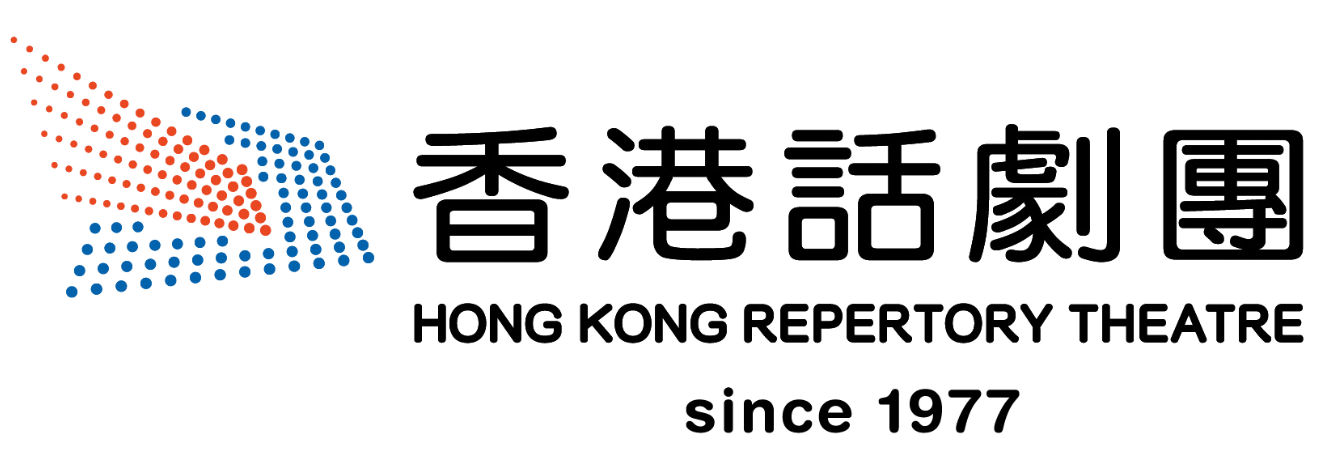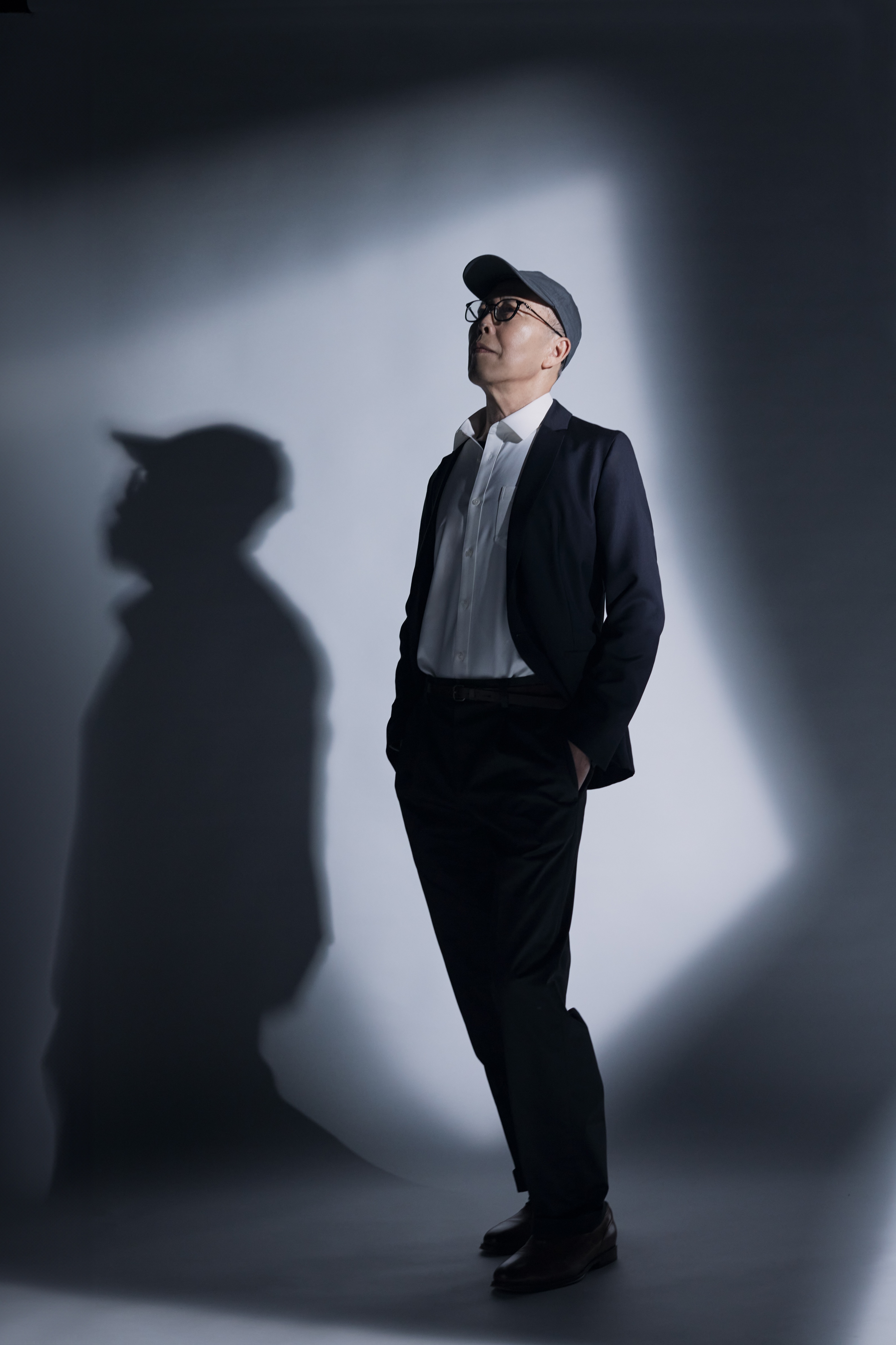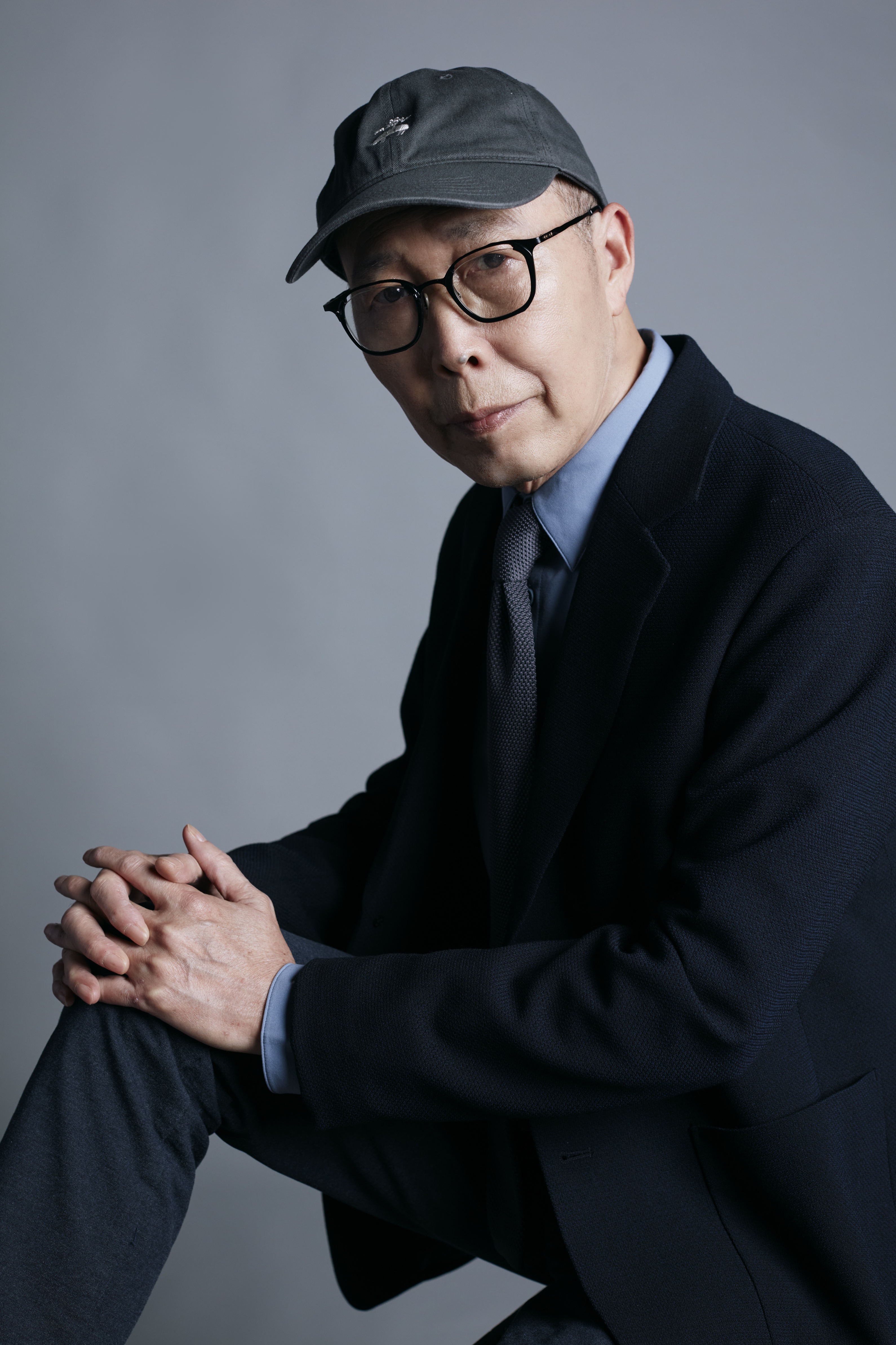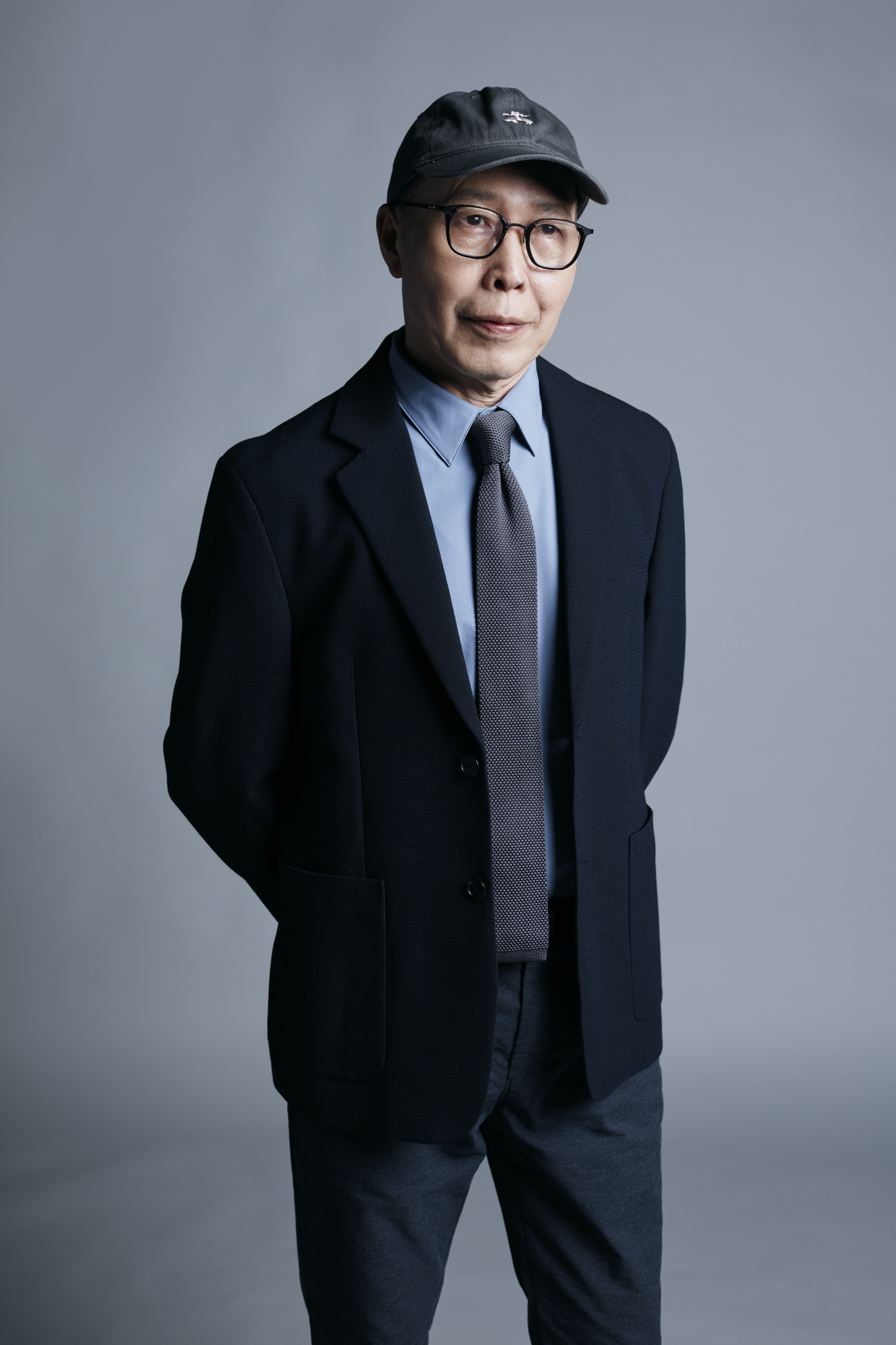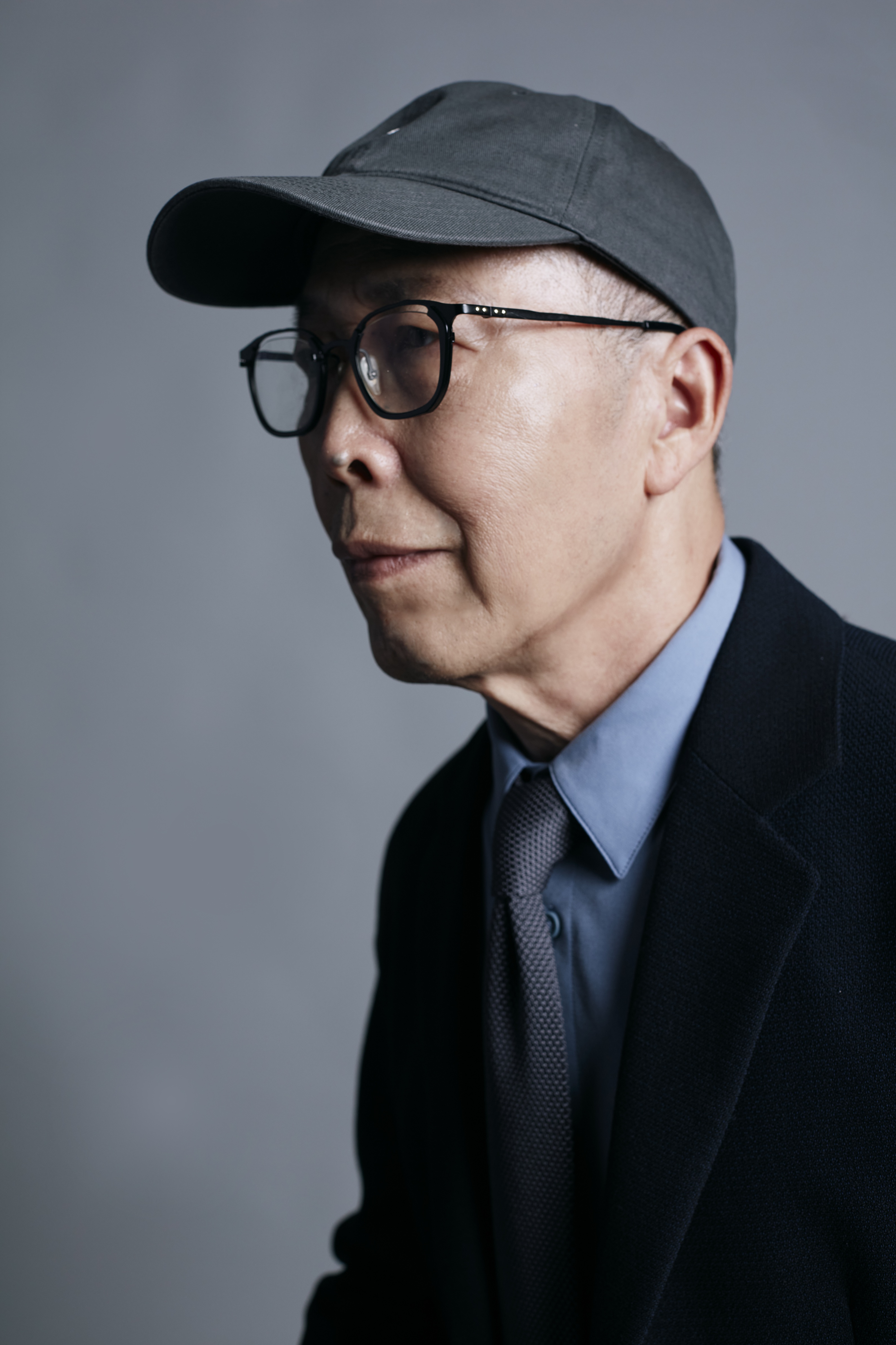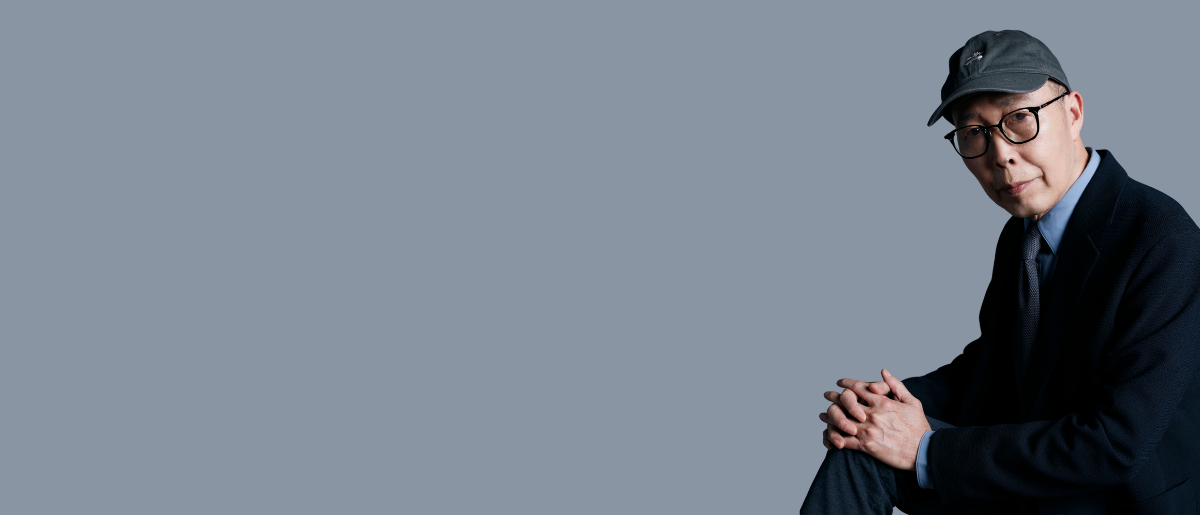An introduction to the HKRep’s 2025 – 26 Season
Flower.Vanguard.Silence
Those moments between a flower blooming and wilting, between appearing and disappearing, between sunrise and sunset, between the curtain’s rising and falling, between you and me... These are blossoms that are transient. Together they make our Main Stage offerings.
The vanguard stands at the tip of an iceberg, a microcosm of the world, the embodiment of ingenuity, delineating a tortuous path, leading the charge, calling to duty. On this road to theatrical innovation, vanguards are represented in our Black Box Productions.
Amidst the clamour, silence hides in the loudest of places, just as Lao Tzu said, “Great sounds are barely audible; great images have no shape”. No matter whether you’re in a grand theatre or a studio space, there is always silence. It makes great theatre.
It has been three years since I assumed the mantle of the HKRep. In the past two seasons, I wrote extensively about the season’s offerings, continuing our tradition while working with the HKRep team to craft our future. For now, I’ll keep my words to a minimum and get to work, putting on beautiful dramas, one after another. Onward we go!
Main Stage I
About a century ago, Shek Tong Tsui was abloom, though its radiance was short-lived. Life is unpredictable with the passing of time. Spectators come and go, without stopping; people drift up and down, sometimes civil, at other times violent and cruel. Amidst luscious green bushes is always a speck of red. In May, we set our sights on The Tamed and the Tempted. In the blink of an eye, summer petals bid farewell to the setting sun. A young girl exhales, “Aloha,” landing on a tropical paradise of forget-me-nots. She says, “Oh, Forget-me-not, that’s my name.” A city rises and falls as part of nature’s ceaseless rejuvenation, traversing that distance between the sea bottom and land surface. Yet The Story of K City is intimate and luxuriant.
Main Stage II
The wind blows as migratory birds follow, crossing the mountains wave after wave, rushing toward the hills, finally landing in the plain. You’ve been longing for a reprise of The Impossible Trial, which has packed so many fireworks from South to North. Surely, the sky will light up once again. This season, a golden snake prospers on this island: perhaps it’s chance or fate, but words simply cannot explain it. Suddenly, trees remain silent amidst gusting winds. Something tentative is caught between the changing seasons as autumn arrives. A family still stands although the house has deteriorated, like a lone, wilted flower, like a mirage. Obsessed with the sense of loss, of solitude, of departure… is that him? That’s Le Fils.
Main Stage III
The sun shines on the meadow, exuding warmth and beauty. Turn the corner and an aggressive, cold wind attacks you. Does this make sense? Well, The Bucket is a story uncertain if a flower will bloom, skidding the edge of a dreamscape. In the haze you hear a sigh. Searching the crowd, you find a man. Turning back, it’s him again. In the dimly lit room, it’s him too. Look! It’s him in The Emperor, his Mom, a Eunuch and a Man. He may be a eunuch, but he’s more manly than a man!
Black Box and the Script
As you walk along, the space retracts. It’s the tip of an iceberg, its edge as sharp as a blade. Wait, a tooth falls from the sky, lightly dropping on the floor, initiating Vacant Possession. Silently, it stays put as thousands of nerves intersect and combust. You turn around and walk up the stairs. Through an open the door, a gust of wind blows through tattered papers. Upon closer look, you discover all that’s hidden between the lines, deep emotions etched in our beings. You can’t help but whisper, Love Out of Reach. Travelling on a long winding road, a man encounters shifting sands. Nothing can match a father’s devotion to his daughter. Digging deep, he’s caught embarrassed, trapped between truth and lies. We all know that longing ushers aging. With just one turn, we end up in Fall and Flow.
Project Kite and Education
Silence comprises both the empty valley and its echo, the shapelessness of whispers, the soundlessness of a light touch. As we cross tall buildings and back alleys, rushing along busy roads, leaping into train cars, hurrying in quick strides, we welcome a city’s hustle-bustle. We respect language and every punctuation mark, along with silence. Whether or not it can fly, every kite is appreciated, and we applaud our company’s Project Kite. Silence is observing life with a clear eye, experiencing life with honesty, taking root deep within an urban centre, carving a small and beautiful oasis that is our Education Hub on Cox’s Road in Jordan. We revel in silence, but we are not lonely.
Poon Wai Sum
Artistic Director
